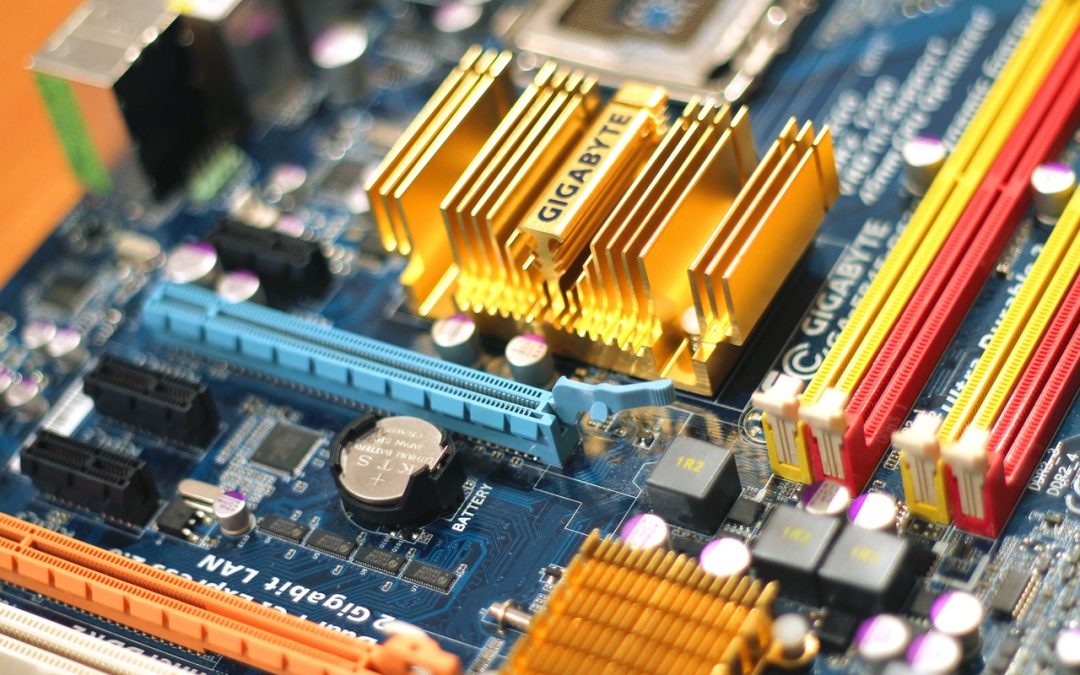When you break it down to simple terms, the field of economics at it’s core is about math and people. Nowadays, you might want to add that it’s about math, people, and “big data.”
Economics is the branch of knowledge concerned with the production, consumption, and transfer of wealth. It’s the study of scarcity, the study of decision-making, and the study of how people use resources. Microeconomics is the study of single factors, like individuals and companies, and the effects of those individuals making decisions. Macroeconomics is larger in scale, looking at national, global or general factors, like interest rates and national productivity.
As a hunter-gatherer, this meant counting how many portions of meat you had to last out the storm, and wondering if your hunting buddy would eat more than you if you fell asleep. All you had to go on is past experience for how long the storm might last and your hunting buddy’s history of selfishness.
Today, as technology progresses, so does the amount of data we collect. Every moment there are satellites, cell phones, computers, and laboratories, from big technology all the way down to your Bluetooth-enabled bathroom scale, all collecting massive amounts of information. Now, you can work in McDonald’s headquarters and sift through the sales info for every store and cross reference it in a computer with every rainy day, and find out what menu item is the biggest seller in bad weather.
This tsunami of information is called “big data”, and the science of finding patterns and trends, literally needles in haystacks of numbers and figures, is growing all the time. The science of deciphering these numbers evolves every day, but it has had a major impact on the field of economics.
All of these figures mean that economists can -and will- put greater emphasis on tables and charts they can see, empirically, rather than gut instinct. This allows for incredible depth of mathematical models, more accurate histories, tracking similar trends in populations all over the globe at the same time, and performing experiments with how we collect data and how we make educated guesses.
A lot of this data would actually be pretty useless without economists, actually. Here’s why: for years and years, economists have been doing research on trends and drawing connections. From studying the outcome of next-door gas stations battling for more customers with lower fuel prices, to making note of what happens to the price of corn every time there is a natural disaster, economists have spent lifetimes developing a framework of patterns that computers can use as blueprints.
The fact that we have so much data, and are using it to test experimental models and new theories, as well as having laid a knowledgeable groundwork for the computers to run off of, means that in the future all of this is likely going to impact what it means to be an economist. It will affect what kinds of questions an economist will be asking. There will be new ways of answering old questions, and new solutions to old problems.
This doesn’t mean that economists will become obsolete, by any means. In fact, more and more tech companies are hiring economists to help them understand all of this information, to make better products, and to attract more customers. Economist are perfect candidates, because they are already familiar with sifting through data to find information that tells a story and connects the dots in financial trends.
It does mean, however, that there are a lot of changes happening to the field, and the changes will keep coming in with technology and more data, that could possibly change the entire way that economists operate, or what it means to work in economics for a living.
